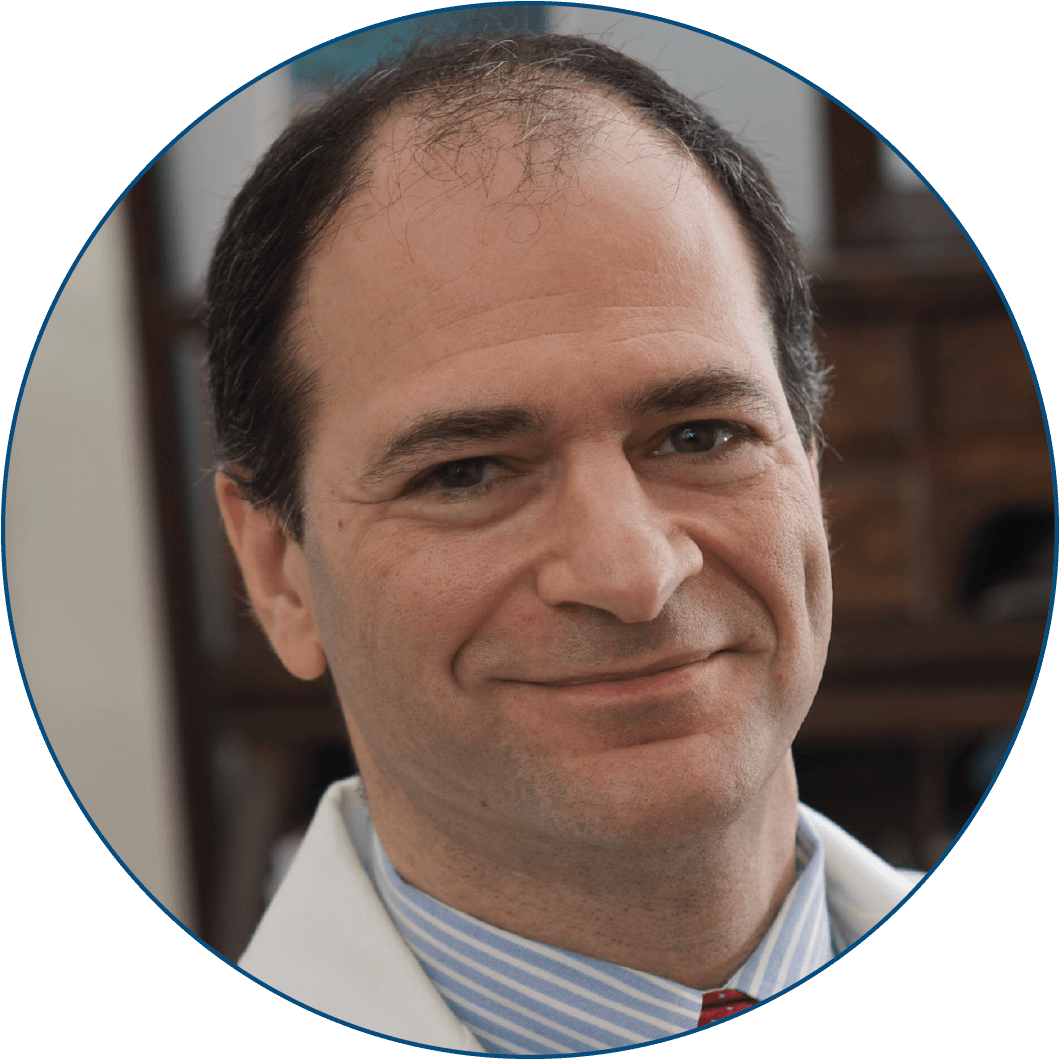
Paul M. Ridker, MD
Eugene Braunwald Professor of Medicine, Harvard Medical School and
Director, Center for Cardiovascular Disease Prevention, Brigham and Women’s Hospital
Eugene Braunwald Professor of Medicine, Harvard Medical School and Director, Center for Cardiovascular Disease Prevention, Brigham and Women’s Hospital
Dr. Paul Ridker, the Eugene Braunwald Professor of Medicine at the Harvard Medical School, has for 25 years been involved collaboratively in elucidating the role of inflammation in the detection, prevention, and treatment of cardiovascular diseases. Best known for his pioneering population biology work on inflammatory biomarkers such as high-sensitivity C-reactive protein and interleukin-6, the first demonstrations of the anti-inflammatory effects of statins, the guideline-changing JUPITER trial in 2008, and ultimately through the CANTOS interleukin-1b inhibition trial in 2017, the collaborative work of Dr. Ridker and his global colleagues has led to a fundamental shift in our understanding of atherosclerosis and to the first proof that targeted anti-cytokine therapies can lower cardiovascular event rates in the absence of lipid lowering. Insights from his group that the magnitude of inflammation inhibition directly relates to the magnitude of clinical benefit has helped spawn a novel class of cardiovascular therapeutics and led to the clinical recognition that “residual inflammatory risk” is a separate entity from “residual cholesterol risk,” and opened an entirely novel approach to the treatment of inflammatory lung cancers. Spanning the fields of epidemiology, vascular biology, population genetics, public health, preventive medicine, and clinical trials, Dr. Ridker’s career-long focus on inflammatory mechanisms of disease has advanced a controversial concept into a proven clinical intervention. Administratively, Dr. Ridker serves as director of the Center for Cardiovascular Disease Prevention at the Brigham and Women’s Hospital (BWH) in Boston, Massachusetts, U.S., and is the executive director of the BWH-Center for Community Wellness in Dorchester, Massachusetts, U.S., an entity delivering health literacy and wellness in one of Boston’s most impoverished neighborhoods.
